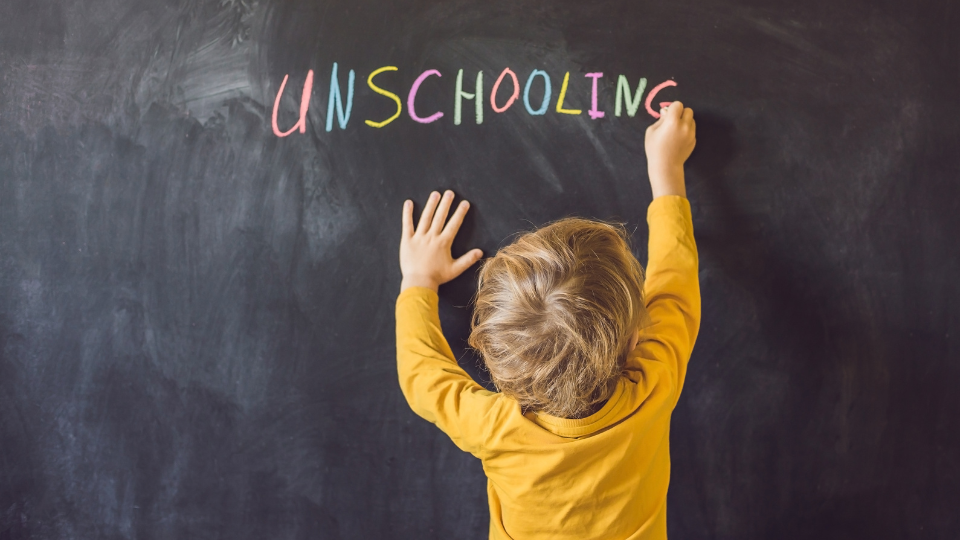Unschooling: A Unique Approach to Education

Introduction: In the diverse world of educational philosophies, one concept that's gaining attention is unschooling. Often misunderstood or viewed as a radical departure from traditional schooling, unschooling is a child-centric approach to learning that emphasizes natural, experiential, and interest-led learning processes. This blog aims to demystify unschooling and explore how it differs from conventional education models.
1. Defining Unschooling: More Than Just Homeschooling
Unschooling, a term coined in the 1970s by educator John Holt, goes beyond the conventional framework of homeschooling. It's a philosophy that advocates learner-chosen activities as a primary means for learning. Unschooling challenges the traditional structure and curriculum-based approach of education, promoting a more organic, child-led learning process.
2. The Principles of Unschooling
At its core, unschooling is founded on trust in the child's natural curiosity and willingness to learn. This section will delve into the key principles of unschooling, such as:
- Child-Led Learning: Following the child’s interests, rather than a set curriculum.
- Flexibility and Freedom: Allowing children the freedom to explore, experiment, and discover at their own pace.
- Life as the Classroom: Viewing everyday life experiences as valuable learning opportunities.
- Holistic Development: Focusing on the development of the whole child, not just academic skills.
3. How Unschooling Compares to Traditional Schooling
This part of the blog will compare and contrast unschooling with traditional schooling. While traditional education often follows a structured curriculum and standardized testing, unschooling is fluid, allowing children to learn through life experiences, play, household responsibilities, and personal interests.
4. The Role of Parents in Unschooling
In unschooling, parents act more as facilitators than teachers. They provide resources, support, and guidance, but the learning journey is led by the child. This section can offer insights into how parents can create an enriching environment that promotes learning through everyday activities.
5. Common Misconceptions About Unschooling
Address common myths such as unschooling being synonymous with unparenting or leading to gaps in education. Clarify how unschooling, when done thoughtfully, can lead to well-rounded, self-motivated, and educated individuals.
6. Evaluating the Pros and Cons of Unschooling
Discuss the potential advantages, such as fostering a love for learning, developing self-discipline, and encouraging critical thinking. Also, address the challenges, including socialization concerns, college admissions, and meeting legal education requirements.
7. Real-Life Examples of Unschooling Success
Incorporate stories or case studies of individuals who were unschooled and have gone on to lead successful, productive lives. This can provide readers with tangible examples of how unschooling can manifest in long-term personal and professional achievements.
8. Is Unschooling Right for Your Family?
Offer guidance on how parents can decide if unschooling is the right choice for their family. Include questions for self-reflection about family dynamics, educational goals, and the child's learning style.
Conclusion:
Unschooling represents a radical shift from traditional educational models, focusing on a more natural, child-led approach to learning. It's not a path for every family, but for those who choose it, unschooling offers a world of unlimited learning opportunities, driven by curiosity and a love for learning. As with any educational choice, it requires commitment, creativity, and a deep understanding of one's children to be effective.